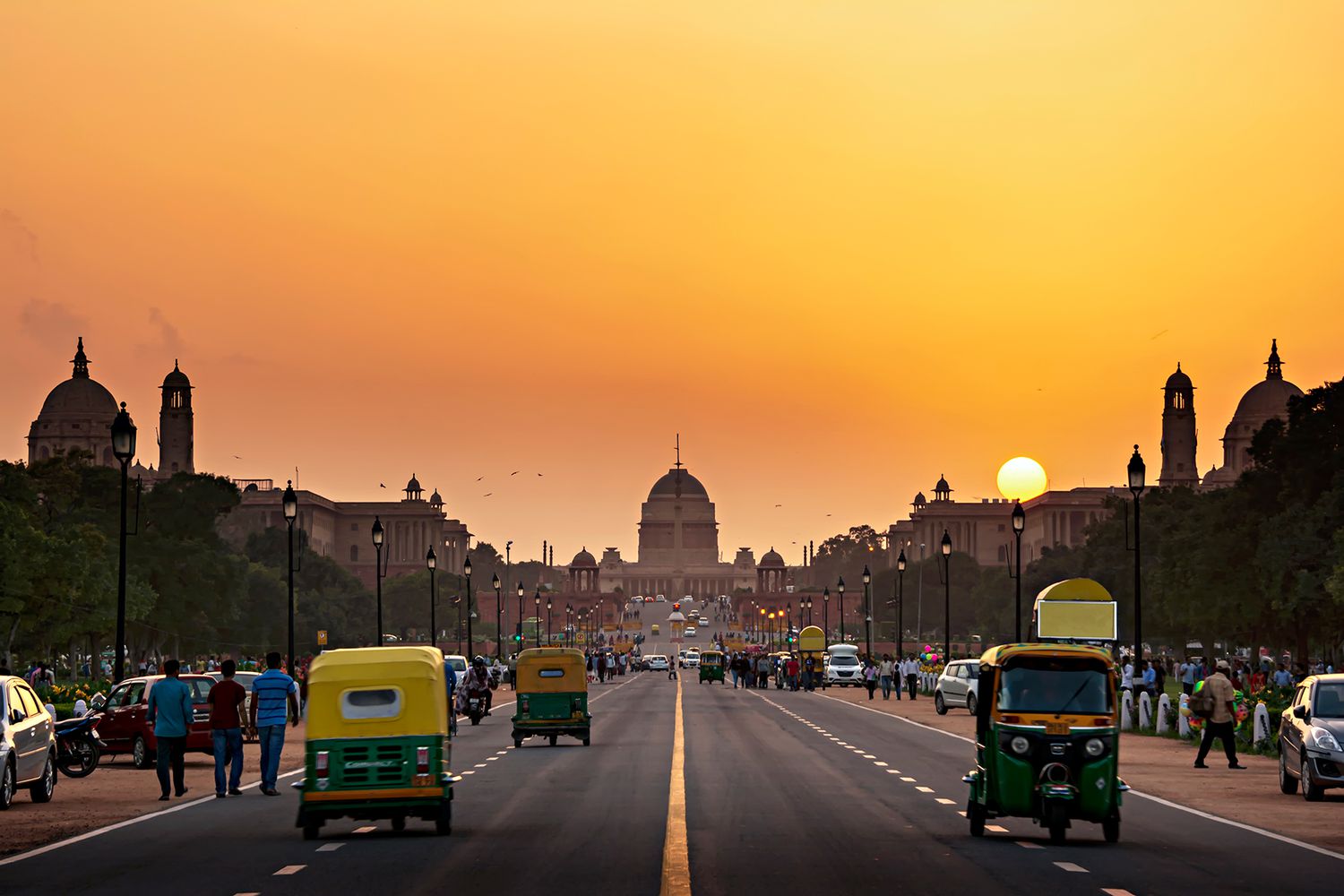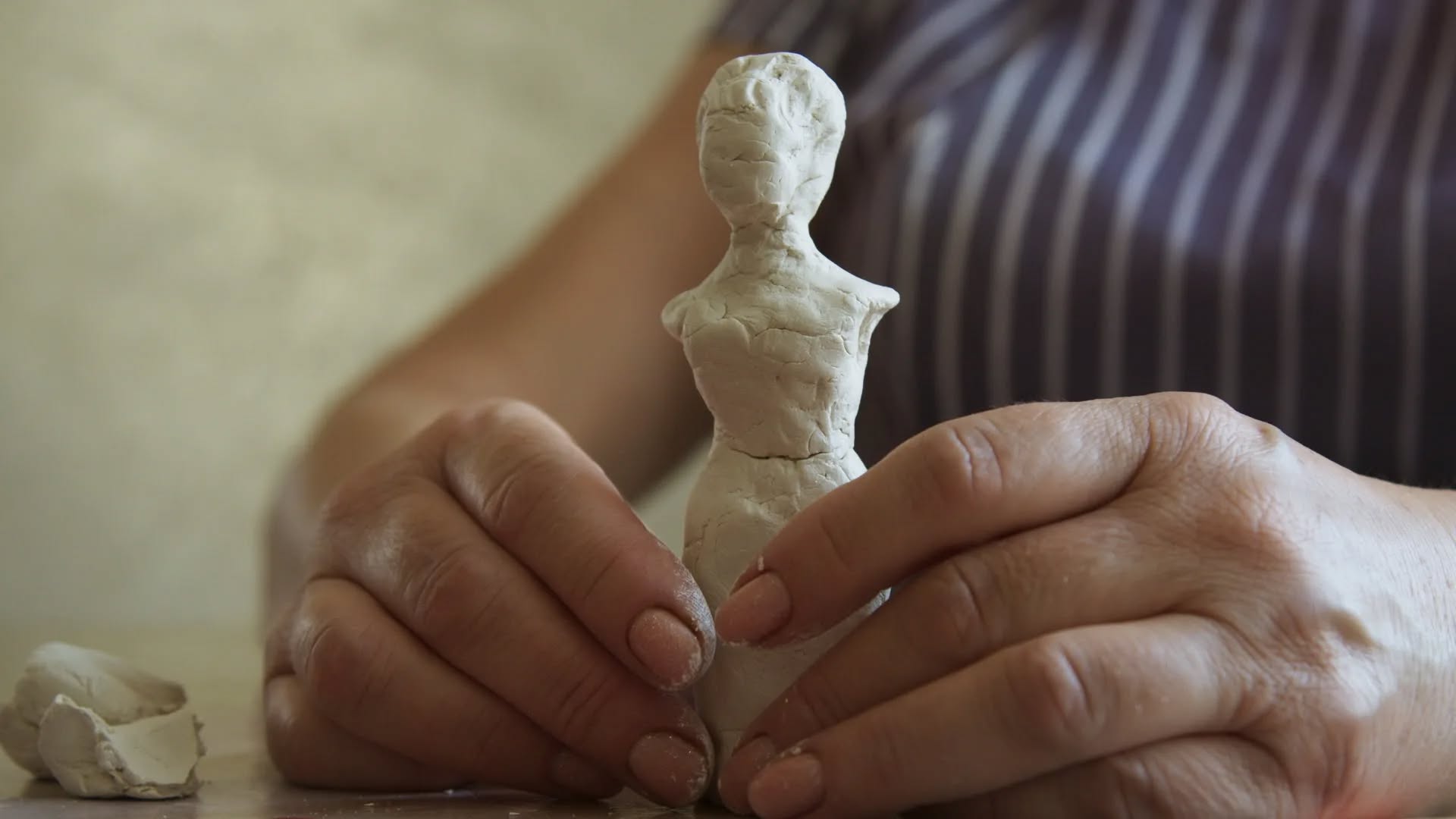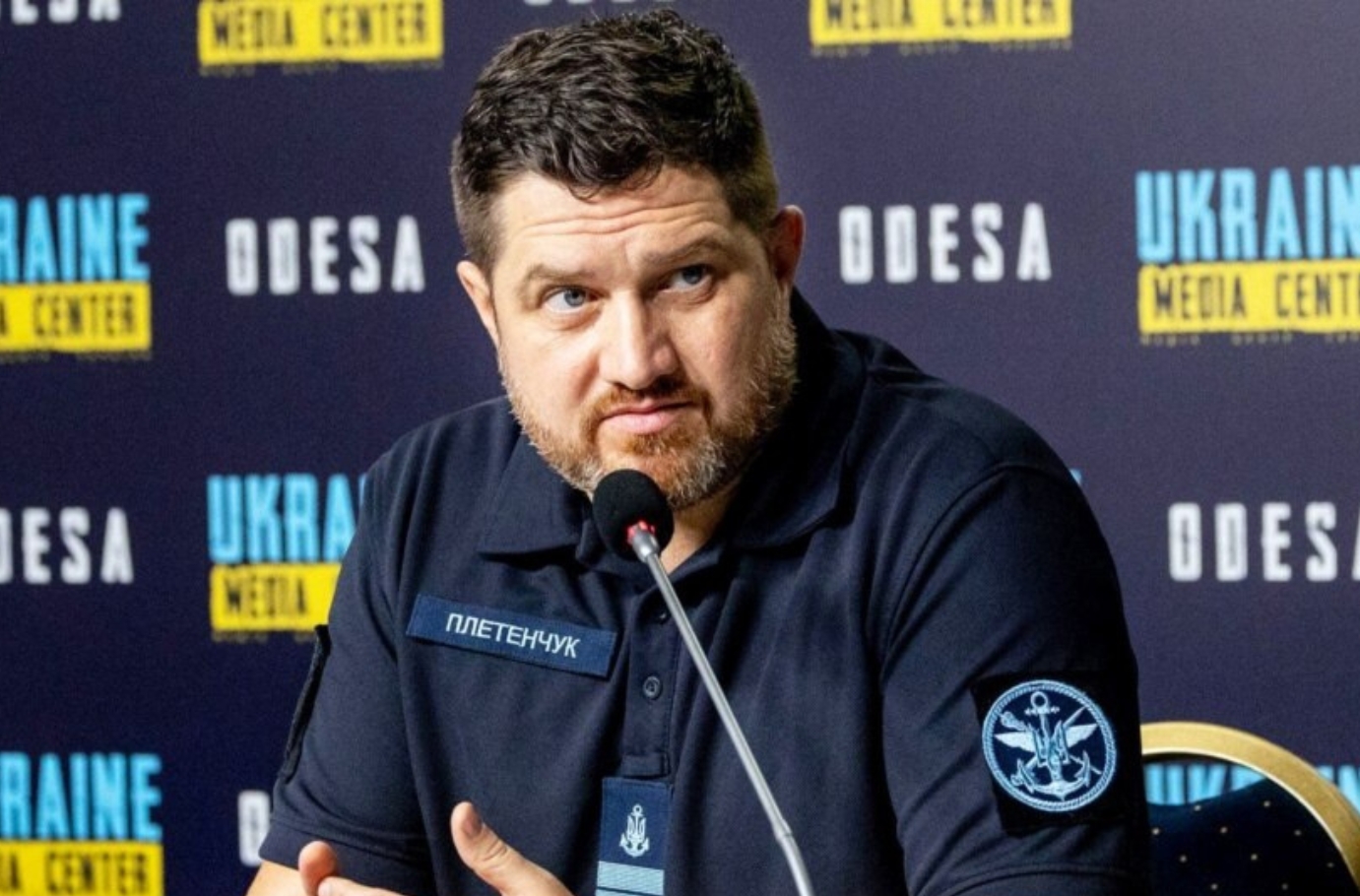Russia is expending considerable diplomatic effort to court India, suggesting that the Kremlin continues to fear the impact of secondary sanctions.
Russian President Vladimir Putin and Russian Foreign Minister Sergey Lavrov met with Indian Foreign Minister Subrahmanyam Jaishankar on August 21 to discuss Russian-Indian relations and expanding economic investment in energy, including the oil supply, hydrocarbons, and nuclear energy.
Russian Deputy Energy Minister Roman Marshavin met with Indian Deputy Minister of Petroleum and Natural Gas Pankaj Jain on August 20 to discuss expanding cooperation in the energy trade.
Lavrov held a joint conference with Jaishankar after the meeting and announced that Putin would likely visit India before the end of 2025, and Jaishankar stated that India ”believe[s] that relations between India and Russia have been among the steadiest of the major relationships in the world after the Second World War.”
Putin and other high-ranking Russian officials are spending considerable amounts of time and energy to stabilize and strengthen relationships with India, indicating that Russia views India as a critical source of revenue.
ISW continues to assess that secondary sanctions will likely further impact the Russian economy by undercutting Russian oil revenues, which are essential for the Kremlin's financing of its war against Ukraine.
Intensive Russian outreach to India suggests that Moscow is attempting to ensure that New Delhi does not curtail energy purchases from Russia because of these potential secondary sanctions.





















